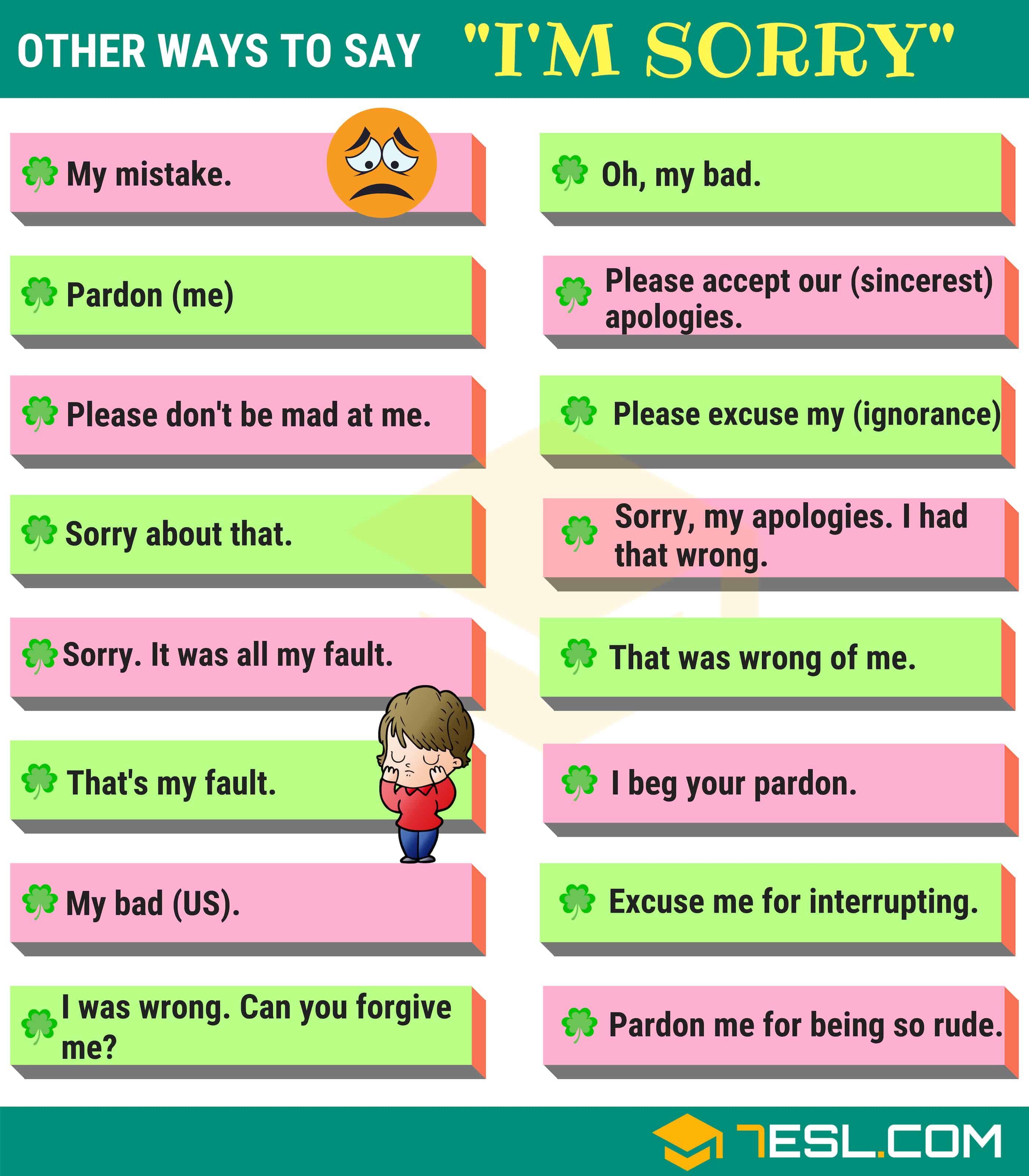Professional Ways To Say I Am Sorry To Hear That

Professional Ways To Say “I Am Sorry To Hear That”
Expressing empathy in a professional setting can be somewhat challenging. Traditional phrases like “I am sorry to hear that” are staples in conveying condolences; however, they can sometimes come across as insincere or overused. In this article, we’ll explore more empathetic and professional alternatives that can suit a variety of difficult situations you may encounter.
Understanding the Impact of Your Words
The words you choose in a professional environment can significantly affect your relationships with colleagues, clients, and business partners. When someone shares unfortunate news, responding with consideration and genuine empathy can strengthen connections and demonstrate professionalism.
Alternative Phrases to “I Am Sorry To Hear That”

Below are some alternatives that communicate compassion and professionalism.
When Responding to Personal Loss or Grief
- Expressing Sympathy
- “You have my deepest sympathies.”
- “My heartfelt condolences on your loss.”
- “I share in your sorrow—please accept my sincere condolences.”

- Offering Support
- “I’m here for you during this difficult time.”
- “Please let me know how I can support you.”
- “If you need anything, I’m just a call away.”

When Responding to Professional Setbacks
- Showing Understanding
- “That must be really challenging for you.”
-
“I can only imagine how that must feel.”
-
Extending Assistance
- “Is there anything we can do to help?”
- “I’m ready to assist if you need any additional resources.”
When Acknowledging Mistakes or Issues

- Taking Responsibility
- “I take full responsibility for this oversight.”
-
“My team and I are committed to resolving this promptly.”
-
Committing to Improvement
- “We’ve learned from this experience and will ensure it doesn’t happen again.”
- “Measures are in place to prevent a recurring issue.”
Crafting a Message That Resonates

When composing a message to convey your regret or condolences, consider these components:
- Acknowledge the Situation: Clearly recognize the individual’s hardship or concern.
- Show Empathy: Demonstrate that you understand and share in their emotions to some extent.
- Offer Support: Where appropriate, extend a helping hand or resources.
- Be Genuine: Authenticity in your expression goes a long way.
Table: Phrases and Their Ideal Use Cases
| Phrase | When to Use |
|---|---|
| “My heartfelt condolences on your loss.” | Personal loss or bereavement |
| “I share in your sorrow—please accept my sincere condolences.” | After a colleague or client has experienced a death in the family |
| “I take full responsibility for this oversight.” | Acknowledging personal or team mistakes |
| “If you need anything, I’m just a call away.” | Offering support during a tough period |
Putting It Into Practice: Professional Email Templates
When composing an email, it’s not just what you say, but how you say it. Here’s a template you can adapt:
Subject: Condolences on Your Recent Loss
Dear [Name],
I was deeply saddened to learn of [describe the situation]. You have my deepest sympathies during this challenging time.
Please know that you're not alone and I am here if you'd like to talk or if there's anything specific I can do for you. My thoughts are with you and your family.
[Best Badminton Racket 2020](https://kellysclassroom.com/articles/best-badminton-racket-2020/)
Warm regards,
[Your Name]
Replace the bracketed sections with the appropriate details to make your correspondence as personal and heartfelt as possible.
Conclusion
A genuine and considerate approach can make all the difference in maintaining professionalism while also being empathetic. The phrases and tips provided are intended to enhance the way you communicate sympathy and understanding in the workplace.
Remember to tailor your response to the situation and to the individual you’re addressing—personalization matters. Ultimately, the key to conveying sincere regrets or condolences is to speak from the heart while maintaining a professional demeanor.






